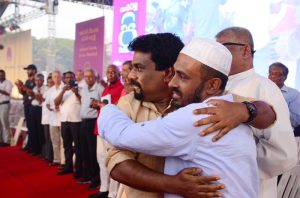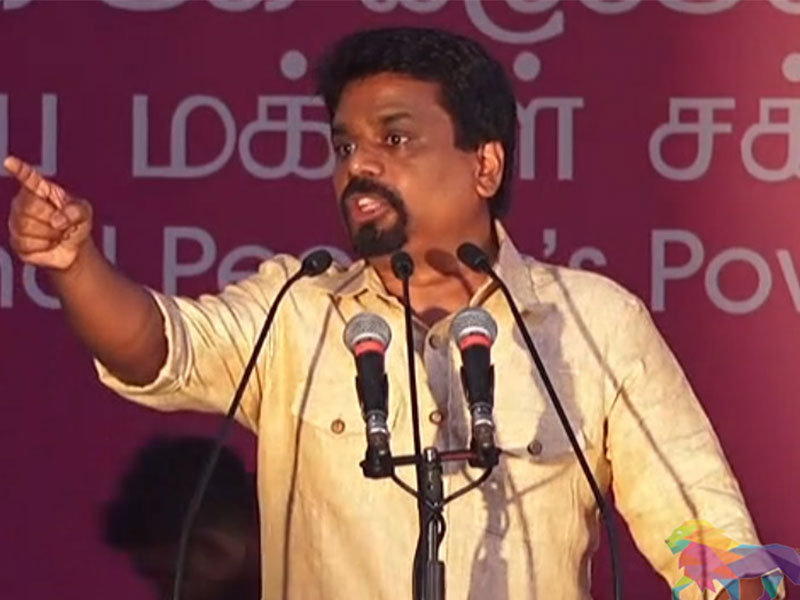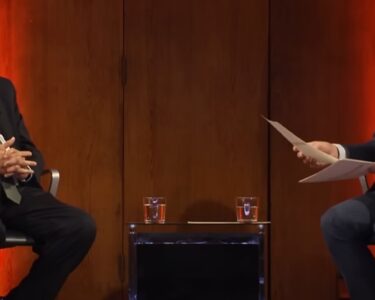Sri Lanka stands on the precipice of a pivotal election, a choice not just between leaders but between two fundamentally different paths for the nation’s future. One path leads deeper into the mire of communal politics, where Sinhala Buddhist majoritarianism has fueled economic crisis and minority marginalization. The other, a daring leap towards “system change,” proposes a “social revolution” built on secular democracy and integrational politics.

For 75 years, Sri Lanka has been shackled by the chains of ethno-nationalism. Successive governments, prioritizing identity over prosperity, have fostered division and discrimination. While the Tamils’ fight against this injustice erupted into a bloody civil war, Muslims navigated a precarious path of political bargaining, ultimately left vulnerable as the existential threat to the Sinhalese receded. Both communities, despite taking vastly different roads, have arrived at the same bleak intersection: a bankrupt economy, a fractured society, and a future shrouded in uncertainty.
But amidst the despair, a flicker of hope ignites. The National People’s Power (NPP) party, led by the charismatic Anura Kumara Dissanayake, dares to dream of a radical transformation. AKD calls for a “paradigm shift,” dismantling the ethnonationalist edifice and replacing it with a system where all citizens, regardless of ethnicity, religion, or caste, are treated with equal respect and rewarded based on merit, not identity.
This “social revolution” isn’t about bloodshed or upheaval, but about changing the very DNA of Sri Lankan politics. It’s about tearing down the walls of privilege and creating a level playing field where every individual can contribute and thrive. The NPP vision emphasizes education, healthcare, and environmental protection as cornerstones of a new national identity, woven from shared values and common challenges, not divisive rhetoric and historical grievances.
However, the path to this utopia is fraught with obstacles. President Ranil Wickremesinghe, the wily old fox of Sri Lankan politics, seeks to retain power with promises of ethnic compromise, seen by many as insincere and politically motivated. The spectre of a three-cornered race looms, potentially fracturing the opposition and handing victory back to the forces of division.
The onus, therefore, falls squarely on the shoulders of the minorities, the Tamils and Muslims who have borne the brunt of communal politics. Will they succumb to the siren song of familiar ethno-nationalist parties, bargaining for crumbs from a shrinking table? Or will they, in a bold act of faith, embrace the NPP’s vision of a Sri Lanka where their children can walk tall, not as Tamils or Muslims, but as proud, equal citizens?
The upcoming election isn’t just about choosing a leader; it’s about choosing a future. Will Sri Lanka remain trapped in the quagmire of the past, or will it dare to take a leap into the unknown, towards a society where unity trumps division, and progress trumps prejudice? The answer lies not in ballots alone, but in the hearts and minds of Sri Lanka’s diverse people. And on March 9th, they will make their choice, a choice that will echo through the annals of Sri Lankan history.







